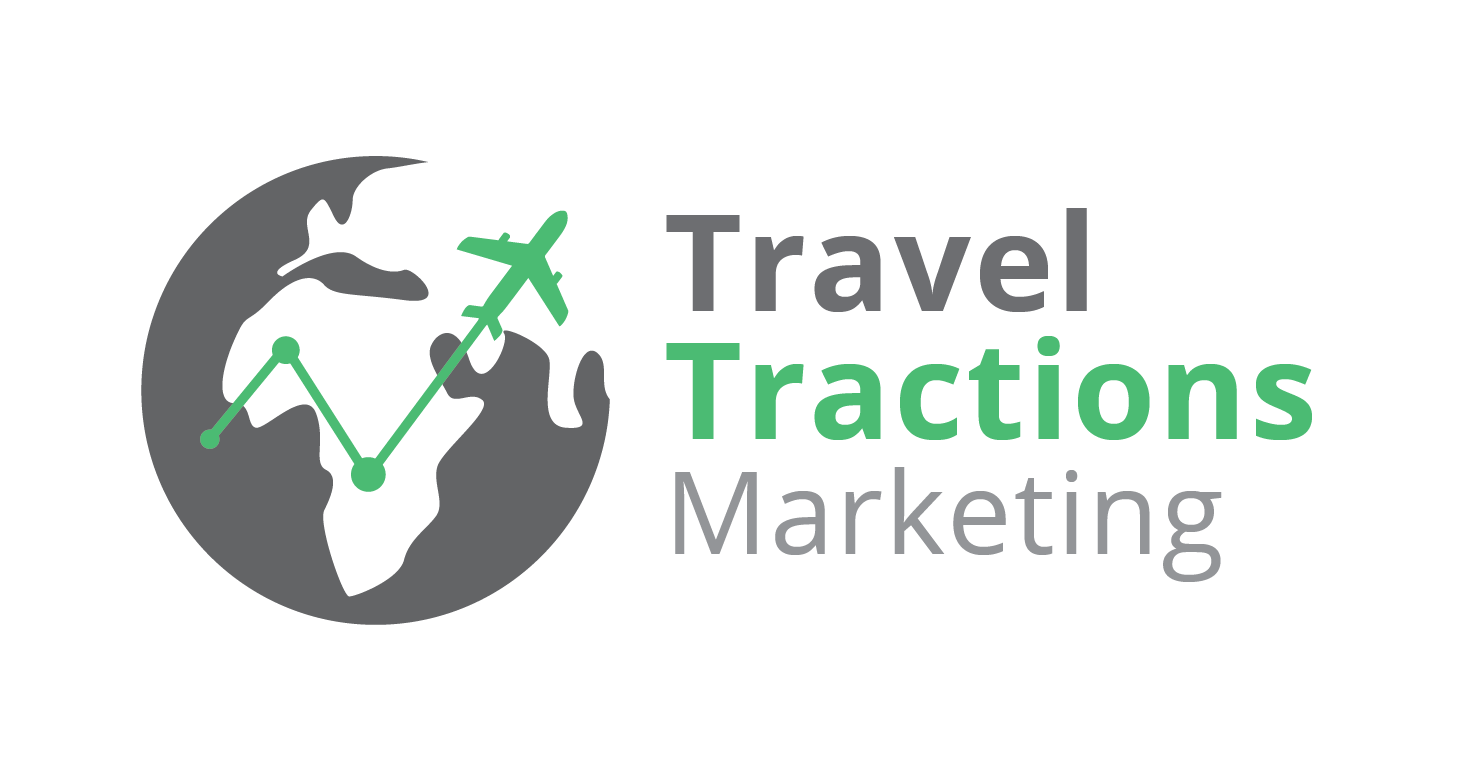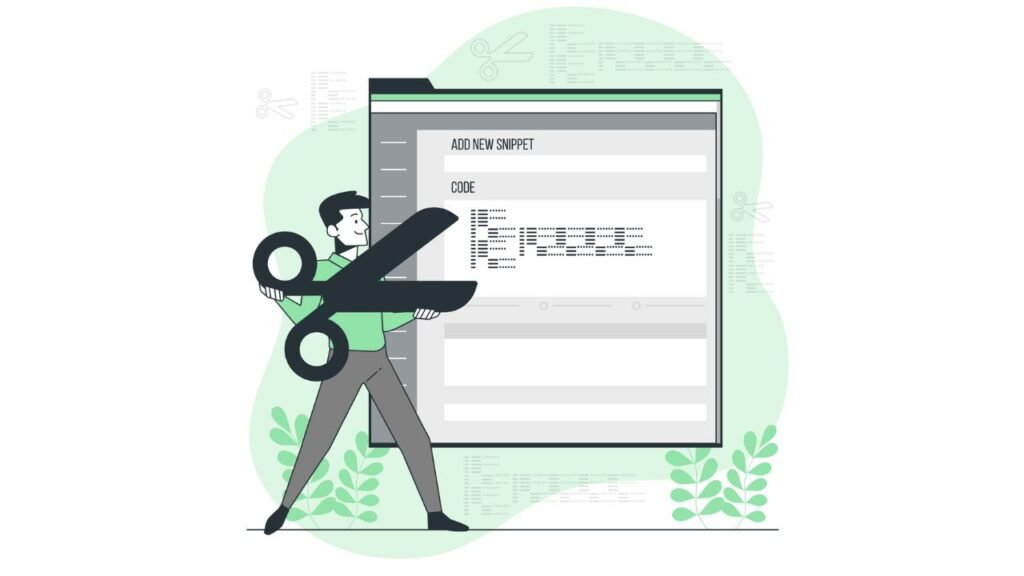

Schema Markup for Hotels | Guide to Using Structured Data
There are plenty of technical aspects to SEO that people aren’t entirely familiar with, and schema markup is definitely one of them. Whether you’re a website owner wanting to expand your knowledge or a marketer new to the industry, understanding Google structured data for hotels is essential.
To be clear, this can be used for lodges, guest houses, and even short-term rental properties.
While it all sounds very technical and complicated, it’s actually a lot easier than you may think once it’s all broken down. From highlighting key hotel room features to improving your position in the search results, the benefits of structured data are amazing.
With that in mind, this article will unpack everything you need to know in order to help your hotel’s SEO get more direct bookings.
What Is Hotel Schema Markup?
Simply put, schema markup is code in the form of structured data that helps highlight key information about your website and property. The point of schema markup is to help create a standardised HTML tagging system that ensures a search engine can easily understand detailed information.
We know it probably still sounds awfully complicated. To simplify it even further, schema markup helps communicate the meaning of your page and how users should see your website in a search engine.
It helps highlight key details about hotel rooms, such as pricing information, opening hours, amenities, star ratings, and much more. This then helps you earn rich snippets and rich results, increasing your website’s chances of someone clicking on it.
Why Schema Markup Matters for Hotels, B&Bs, and Resorts
Now that you know what schema is, let’s have a look at why you should be modelling hotel-related information with structured data.
Improves Visibility on Search Engines
A rich snippet or rich result can be a game changer for any website as it increases your real estate in the Google search results. This structured data helps fine-tune what your website is about and helps search engines understand what you have to offer, improving the likelihood of you ranking better.
Note: You’re not guaranteed to earn rich results, but if you do, it’s usually a great sign that Google likes your website.
Enhanced Search Listings
Schema helps you provide even more information for a reader that they otherwise would not be exposed to. From star ratings that sway decisions to room prices, they’ll be able to see it all before clicking on your link.
According to WordStream, a positive star rating between 3 and 5 makes you 25% more likely to earn a click. This reiterates just how influential an enhanced search listing can be for your website.
Optimises for Voice Search
As the use of voice search continues to rise — a 2.5% increase of searches in 2024 from 2023 — this remains an important aspect to target. Search engines use structured data to attain accurate information and provide precise answers. In other words, you have a greater chance of featuring in voice search results with schema.
Increases Click Through Rates (CTR)
According to this article, some rich results can increase their CTR by 87%. This just goes to show how important structured data is for organic clicks and booking out more hotel rooms.
Helps Provide Accurate Information
Schema ensures that all relevant information about your hotel is accurate. This prevents inaccurate or outdated information from seeping through the cracks, which often leads to increased bounce rates.
Provides Competitive Advantage
Lastly, implementing structured data will give you a big edge over your competitors. While many businesses are catching on to the importance of schema implementation, several hotels still aren’t following this practice.
So, if you start using schema today, you’ll be given the edge over your local competitors in the long run.
7 Schema Types Hotels Should Look to Use
There are many schema types, so it’s crucial to use the right ones for your business. Let’s look at the top schema types you should use for the most impactful results.
1. Local Business Schema
Local Business Schema is ideal for helping you feature in local search results. This includes details such as your address, operating hours, and Google My Business review details.
If someone searches for something such as “best hotels in Green Point” and your lodging is in that area, there’s a great chance you’ll rank in the Google Maps results for this term.
PS: For optimal results, it’s best to create a Google My Business listing and include this in your schema data. This is especially important for chain hotels with multiple buildings across the country or globe, as you’ll want to set up an account for each location.
2. Breadcrumb Schema
Breadcrumb Schema helps create a clear hierarchical structure for your website. For example, Home > Rooms > Sea View Suite. This not only improves user navigation but also helps search engines understand your website better.
3. Hotel Information Schema
This schema type allows you to focus on additional details about your hotel. This includes amenities like meeting rooms or on-site restaurants, your intended audience, check-in and check-out times, number of rooms, room rates, and much more.
This helps provide the edge over competitors who aren’t using schema, and ensures key aspects of your hotel are taken into consideration.

4. Event or Tour Operator Schema
If your hotel offers guided tours or helps organise excursions, using the event or tour operator schema can also be significantly helpful. This schema helps highlight aspects such as event dates, times, locations, prices, and brief explanations of your tours or events.
This can further benefit your local SEO efforts, helping your website rank for tours in the area as well, which can increase your organic traffic and bookings even more.
5. Restaurant Schema
If you have an on-site eatery, adding restaurant schema can be an essential part of increasing interest in your lodging. From adding details such as whether you accept online reservations, have a digital menu, cuisine type, and star menu, this schema can help grow interest in your restaurant.
This is also extremely important for local SEO efforts, as your restaurant can also appear in local searches for restaurants in your area.
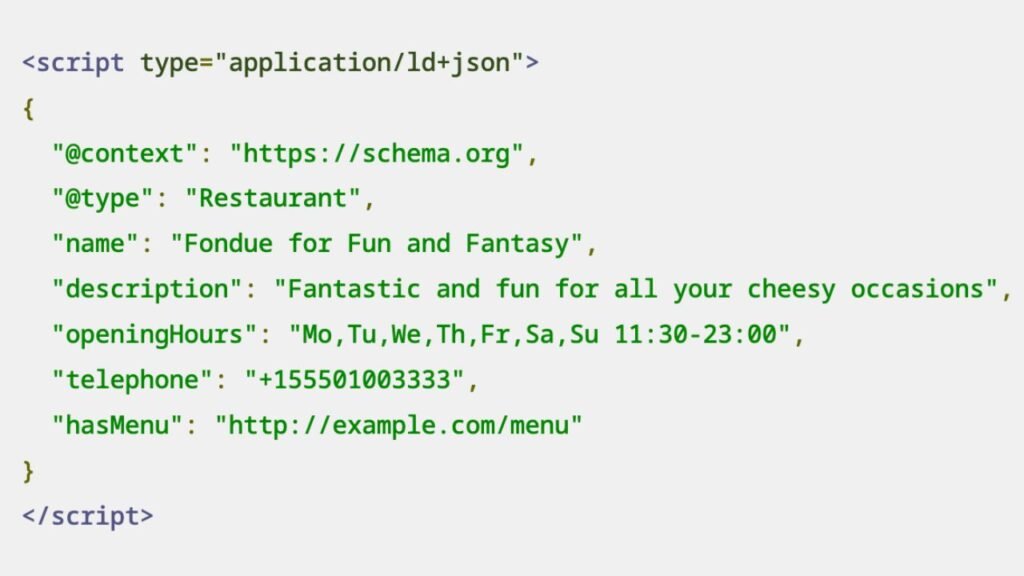
6. Hotel Room and Offer Schema
Hotel Room and Offer schema is imperative for helping get your individual rooms on the map. Whether you’re offering multiple rooms in a large hotel or intimate vacation rentals, you’ll be able to shine a light on essential information about each offering.
From ratings and individual room amenities to prices and the unique selling point for each offer, these schemas will help show it all.
7. Hotel Review Aggregators
Possibly the most important aspect for any hotel, adding schema to your reviews is an absolute must-have. This schema will help add star ratings and customer testimonials directly into your search result listings.
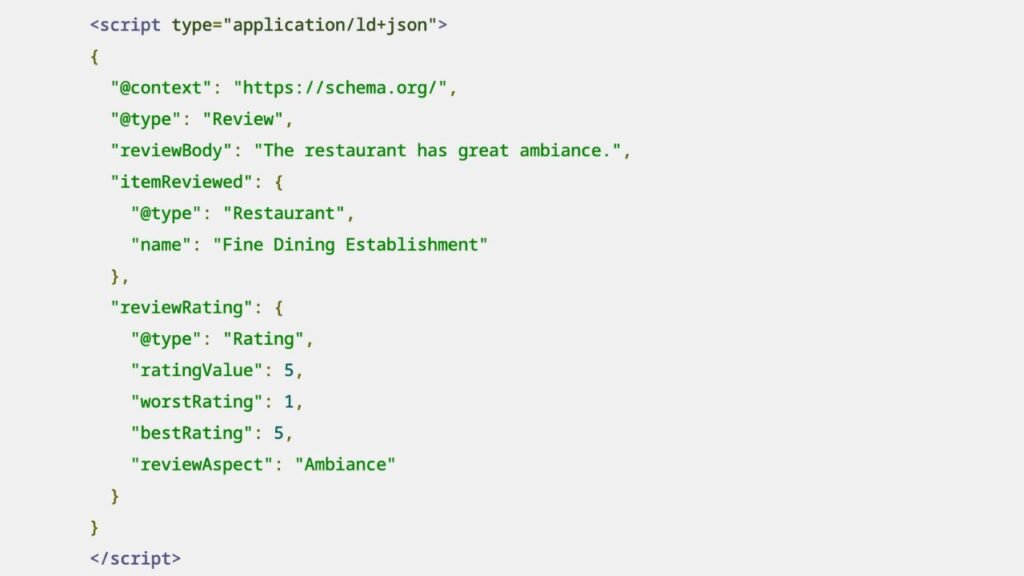
5 Advanced Schema to Consider for Your Hotel’s Website
When you’re looking to add structured data to your website, here are a few more advanced markups you can consider:
- Geo Coordinates Schema — Helps add your hotel to the Google Maps results page.
- Image Object Schema — Increases the chances of your hotel photos showing up in the search engine results page (SERP).
- Voice Schema — Increases the likelihood of your content ranking for voice search results from tools like Alexa.
- FAQ Schema — Helps improve chances of your website ranking for the “people also ask” sections in Google.
- Article Schema — This will be the ideal schema to use if your hotel website has a blog.
Step-by-Step Guide on How to Add Schema Markup
Now that you know the ideal type of schema to use for your hotel, let’s have a quick look at how you would go about doing this.
1. Identify the Best Schema for Your Lodging Business
Luckily, you won’t need to worry too much about this step, as we’ve already identified the ideal schema to use. That said, if you’re a large hotel website with tours, a blog, regular events on offer, and more, also consider adding some of the advanced schema we identified.
2. Identify Key Information to Markup
Next up, you’ll need to choose what information you want to markup. Taking every aspect of your website and adding structured data for it won’t result in the best results. So identify aspects such as average prices, star ratings, unique amenities, and brief explanations and markup those aspects.
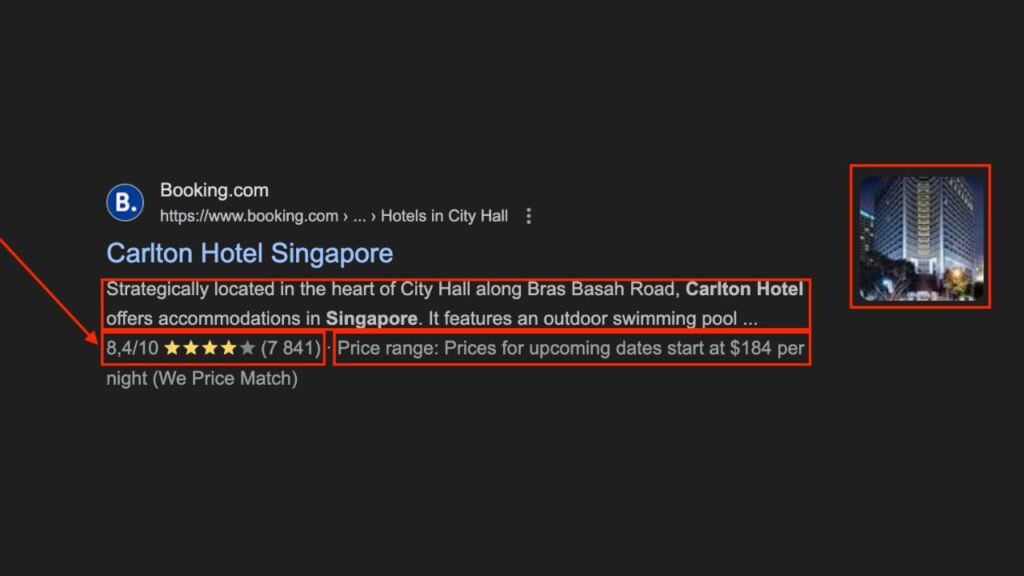
3. Use Schema.org to Identify the Correct Schema Markup
Now that you’ve identified what to markup, it’s time to head to schema.org and pick your schema. If you’re working on the homepage, it’s best to use local schema, hotel information schema, and breadcrumb schema. For hotel rooms, look to use hotel room, offer, and review schema.
4. Add Schema Markup to your HTML
Using the templates provided by schema.org, it’s time to add your details and incorporate them into your website’s HTML. We highly recommend you use the JSON-LD, as this is the most widely used format and is easy to read across multiple search engines.
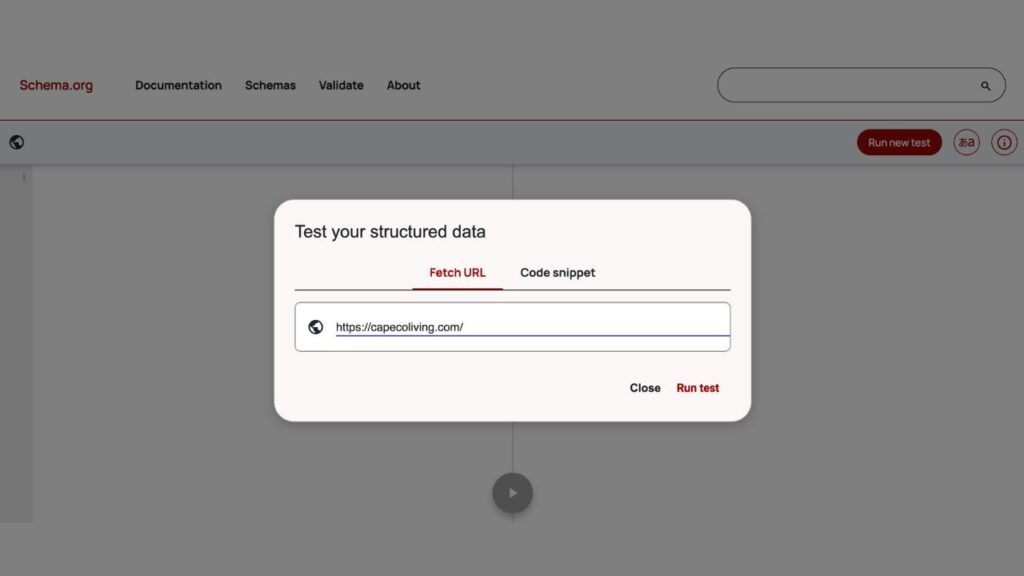
5. Validate Your Hotel’s Schema Markup
With your structured data added to your website, it’s time to validate your markup. This will help ensure your markup is done correctly, and there are no errors.
We’d also recommend going into Google Search Console and requesting Google to re-index your page. This can help fast-track the crawling process, helping your schema markup make a difference even sooner.
6. Monitor and Update Your Markup
Lastly, you’ll want to regularly check your markup and ensure it is up-to-date. This will also help you avoid providing inaccurate details to potential customers, which is becoming increasingly important nowadays when accurate information is paramount.
While it’s best to assess your markup at least once a month, not everyone can do this. As such, a great alternative is to do it once each quarter or seasonally whenever prices tend to change. More often than not — if done correctly from the start — there won’t be any issues, so it won’t be a long or tedious process.
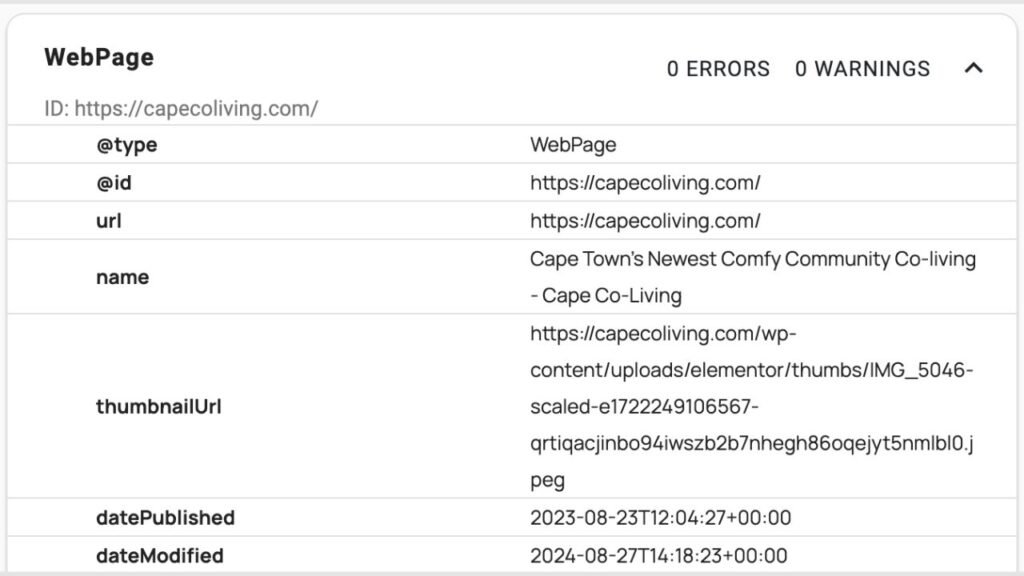
Expert Tips for Implementing Structured Data
Schema markup is a powerful tool for hotels, but only if done right. Follow these best practices to ensure success:
- Don’t overdo it: Only markup relevant content. Overloading your site with schema can confuse search engines. Hotel sites should focus on rich results that communicate specific details about what you’re offering.
- Be accurate: Outdated information can hurt your credibility. Up-to-date information, like availability, the latest prices, and contact details can help enhance credibility.
- Stay current: Schema standards evolve over time, so keep an eye on updates that schema.org has on their official website.
- Test regularly: Schema errors can creep in over time. Regular testing ensures your code is error-free.
FAQs About Adding Schema Markup to a Hotel Website
Before you implement schema on your site, let’s review some common questions with quick answers.
Where Should Schema Be Placed?
Schema should be placed in the HTML of your website, anywhere in the <head> or <body> of your page.
How Many Schema Types Are There?
With more than 30 ways Google can display rich results, there are currently 792 schema types. This is why picking the correct one for your business is so important.
What Is the Most Popular Schema?
JSON-LD is the most common format for schema markup. While you can use Microdata or RDFa formats, JSON-LD is best.
Final Thoughts on Hotels Adding Structured Data to Their Sites
And there you have it, a complete look at how you can start using schema markup for your hotel. It’s not as complicated as it sounds, hey?
If you are ever unsure of what to do, just remember you’re not alone. And if you need any other assistance with your hotel website, we’re always here to help!

